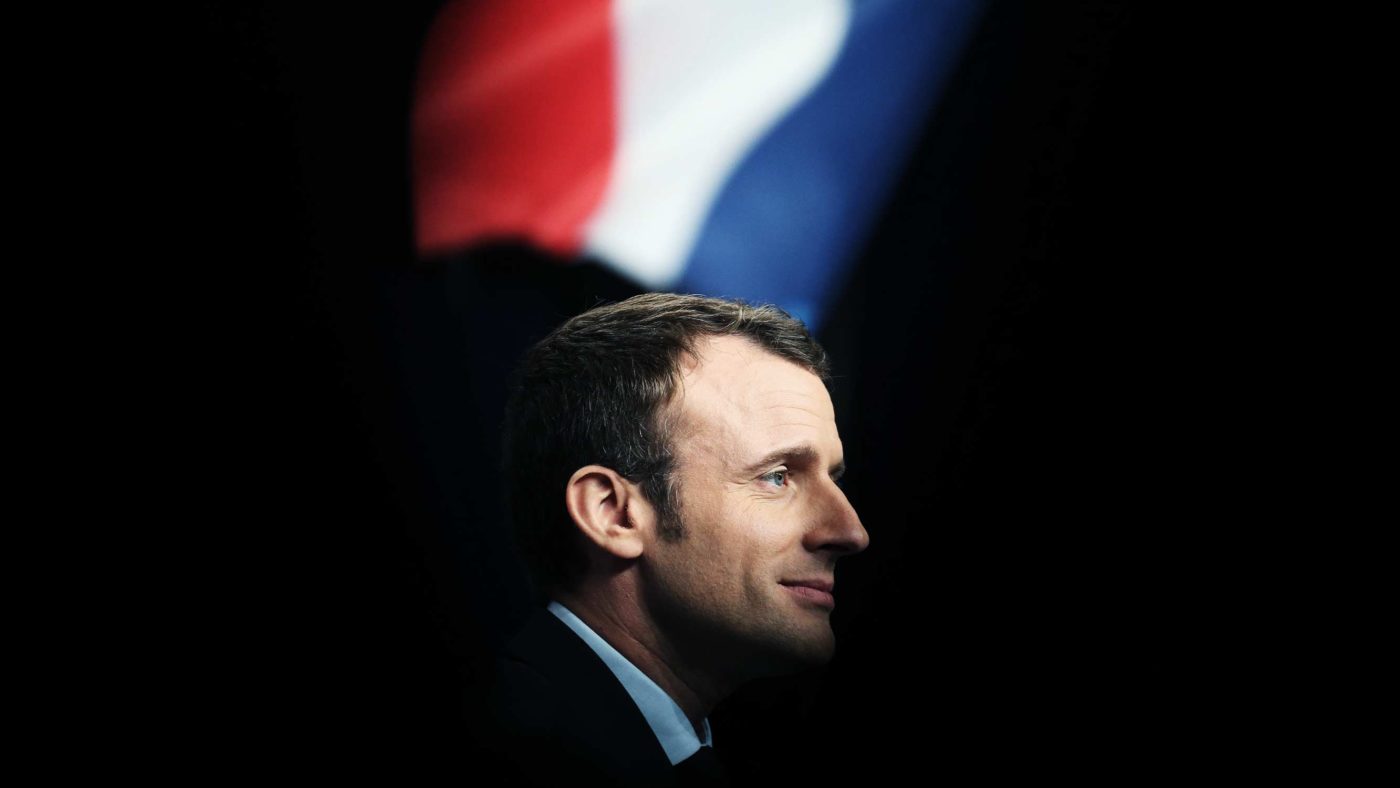It has been six months since Emmanuel Macron, at once riding on the wave of anti-establishment populism and militating against it, swept into the French presidency. Back then he was an unknown quantity, an investment banker turned economy minister under François Hollande who in his presidential run denigrated the Fifth Republic’s ancien régime and promised, in spirit if not in those exact words, to make France great again.
As 2017 draws to a close, are we in a better position to define Macronism? We have a rough idea of what it is against: economic and political decline, the gradual ossification of France’s productive structure, industrial strife, a diminished status vis-à-vis Germany. We also know some of the things it is for: EU integration, international climate policy, technological innovation (in principle if not detail, but more emphatically than previous French administrations).
The puzzle of Macronism is that it tends to advocate dynamism at home, but stasis abroad. The French President, both during his tenure in Hollande’s cabinet and in his new office, has championed reform of the country’s bewilderingly byzantine employment code, which has promoted social exclusion and led to a high rate of structural unemployment. He has stepped up the rhetoric against prudence by default, which had long pitted France against the modernising currents of innovation.
But Macron’s liberalism seemingly stops at France’s borders. On the EU level, he has called for increased risk-sharing among euro member states, a eurozone budget and finance minister, all outside the bloc’s existing structures. He is wary of Chinese foreign direct investment into Europe and wishes to limit the People’s Republic’s and other countries’ ability to acquire European assets. Whatever one makes of his climate-change activism, it is nothing if not dirigiste in the extreme, wishing to curb carbon emissions through bureaucratic pacts on a global level.
What we are left with is the pro-market equivalent of Stalin’s pre-WWII economic policy of “socialism in one country”. Liberalism in one country acknowledges the need for economic flexibility and a greater reliance on market forces at home. It champions tax reform and deregulation of industry and hiring. But it shuns those principles on the international level, relying instead on vague rhetoric of a level playing field and fair competition – which, tellingly, translates into “loyal competition” in French.
Economic policy is therefore not understood as the means by which conditions can be created for international exchange and cooperation that will lead to the greatest human flourishing for all. Rather it is seen as a zero-sum game in which one country’s success is another’s failure. Some can only win if others lose. Liberalism in one country is thus the application of liberal economic policies in pursuit of a philosophy which is not liberal.
This is where Emmanuel Macron meets Donald Trump. The American President also views international trade as a relationship where some countries are ripping off others, and where political means can justifiably be employed to redress perceived economic imbalances: undervalued currencies, trade deficits, and so on. Economic reforms are a means for “winning” against competitor countries. Victory is necessary to ensure continued prosperity for one’s own citizens.
Liberalism in one country poses something of a quandary for those liberals who wish to have it within and without. Ought they to support policies (tax reform, deregulation) which they know will improve well-being at home even if the rhetoric underpinning them is damaging to liberalism’s globalist project? Is nationalist free-market economics better or worse (on the margin, as economists always think) than the internationalist managerialism of the IMF and, to some extent, the EU? The answer is surely not based on principle but on context.
The privatisation of Paris’ Charles de Gaulle airport is symbolic of the long-standing change which Macron has set out to bring to France. Selling off the French capital’s foremost piece infrastructure, named after one of the country’s most important leaders (with Louis XIV and Napoleon), signals the beginning of the end of Gaullism as the ideology of the French state. That he plans to bar Chinese and Middle Eastern bidders from buying a stake, and to spend the €10 billion proceeds from privatisation on industrial policy, shows the limits of Macron’s liberalism.


